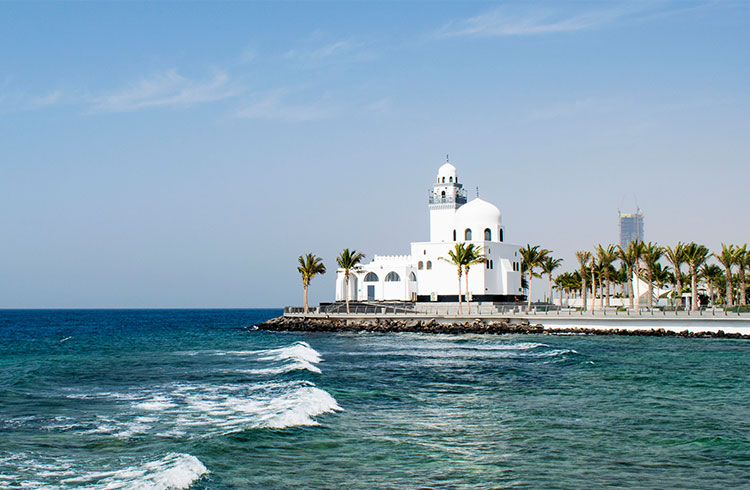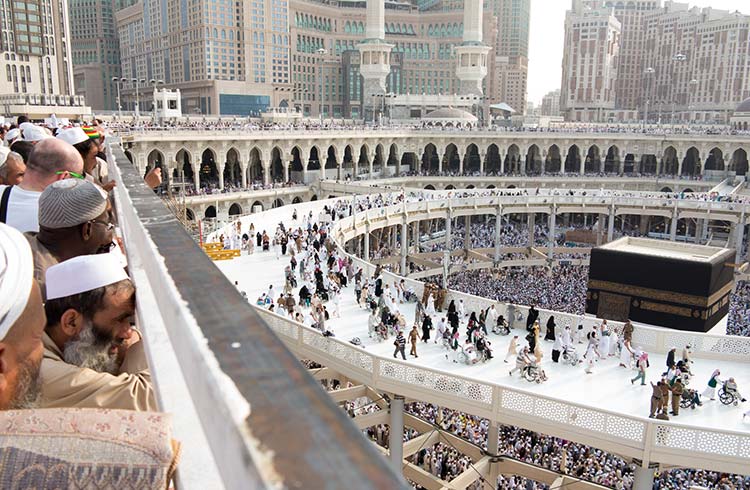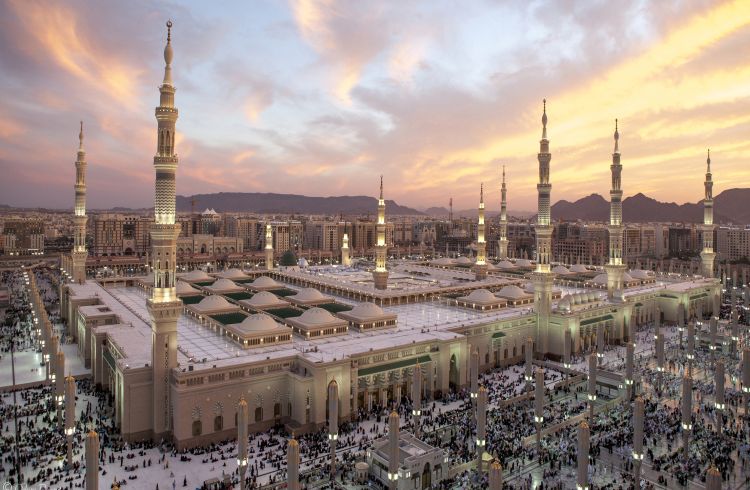Crime in Saudi Arabia: What Travelers Need to Know
Crime is pretty low in Saudi Arabia due to strict law enforcement from the government. However, these are the things you need to know to stay safe in Saudi Arabia.
 Photo © Getty Images/Mohammed Riyas / 500px
Photo © Getty Images/Mohammed Riyas / 500px
Crime levels in Saudi Arabia are generally low, although there has been an increase in recent years. But there are ways you can stay safe and still enjoy the sights.
Find out if you're eligible to apply for an e-visa for Saudi Arabia. It was once one of the most difficult countries to enter, but now people can travel for tourism to this Middle Eastern kingdom.
Before you get planning, here's what you need to know about personal safety.
- Minimising theft risk in Saudi Arabia
- Capital punishment in Saudi Arabia
- Unfriendly neighbourhood Watch
- Potential terrorism risk in Saudi Arabia
Minimising theft risk in Saudi Arabia
Be especially vigilant during the period of Hajj, as there have been growing incidents of pickpocketing, with women pickpockets becoming an increasing phenomenon. Also be aware of your surroundings at all times, and know what to do if there is a stampede.
Don't take anything valuable with you to the pilgrimage to avoid any theft. If you do carry any valuables, keep them secure and safe.
Capital punishment in Saudi Arabia
Saudi Arabia has both capital and corporal punishment for a wide variety of offences. Execution via beheading is the punishment for murder, rape, drug trafficking, sodomy, armed robbery, apostasy and certain other offences.
Some of these executions are public affairs, such as in Riyadh where it is carried out in Deera square (known as Chop Chop square by expats). If you observe a crowd gathering in the area around 9am, it is best to leave quickly or else the Mutaween may push you to the front of the crowd and not let you leave until the beheading is finished. Why this is, remains a mystery, but probably has something to do with the Mutaween wanting to show travelers just how the law operates in Saudi Arabia.
The practice of beheading women also exists, although prior to 1990 women were shot instead. Forty seven women have been beheaded as of 2010, and Saudi Arabia executed 1,750 convicts between 1985 and 2008, with most of the executions taking place in Riyadh, Jeddah, and Dahran.
Oddly, Saudi executioners take great pride in the work and it tends to be handed down from one generation to the next along family lines.
Unfriendly neighbourhood Watch
Private Saudi citizens have been know to harass, and in extreme cases physically assault, travelers who they felt were not observing high enough standards of conservative behavior. This is a country where you should always abide by the local laws and customs, and always show respect to the religion – no matter what your beliefs are.
Potential terrorism risk in Saudi Arabia
The border region between Saudi Arabia and Yemen is currently regarded as hostile, and should be avoided. Most government travel advisories have listed this area as 'Do Not Travel'.
Saudi authorities are currently concerned about an increased threat of terrorism in Saudi Arabia, and in the period from December 2009 to December 2010, 765 people were convicted for involvement in terrorist activities.
The places where travelers (mostly expats) are known to congregate are considered possible targets, so you'll notice tight security in these areas.
You should take care when you're near embassies, international organisations and businesses as well as residential compounds and hotels. Also areas where foreigners are known to work or play such as clubs, open air markers, pedestrian areas, schools, places of worship, restaurants, sporting events, outdoor recreation facilities, transport infrastructure, and general resort or tourist areas.
Anything connected with the oil industry should also be considered a potential terrorist target, and this includes all oil installations and infrastructure including pipelines and truck depots.
Buildings, institutions and symbols associated with the Saudi Arabian government – and security forces in particular – should also be considered a potential terrorist target.
There's not a lot you can do if you have need to be near these places or institutions, except be aware of your surroundings and be prepared for the unexpected.
Related articles
Simple and flexible travel insurance
You can buy at home or while traveling, and claim online from anywhere in the world. With 150+ adventure activities covered and 24/7 emergency assistance.
Get a quote

No Comments